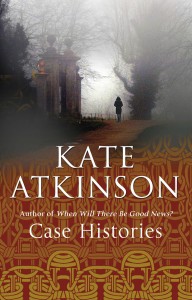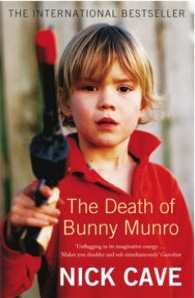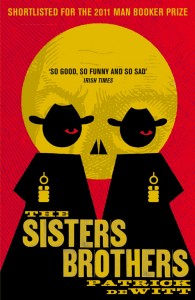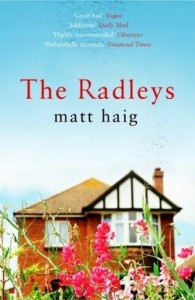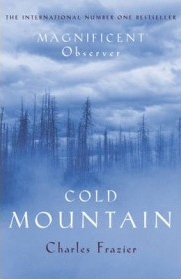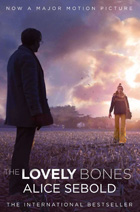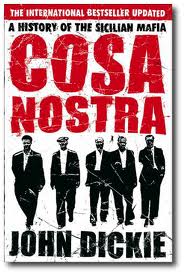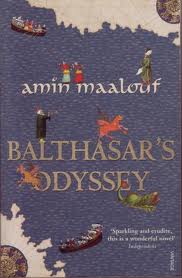I read this book twice; as soon as I reached the end I started it again. The story flits between past and present and is narrated by different characters. Sometimes the same segment of the story is told by different characters. On the first reading I was kept wondering what the connections are between the past and the present. On the second reading, knowing how things turn out, it was delicious to discover all the clues left by the author en route. There is so much stuffed into this book: memories, happenings in the present and loads of characters. An added bonus is that the book is set in Cambridge and the area surrounding it; most of the places mentioned are familiar to me.
This is the first Kate Atkinson novel that I’ve read. I was impressed at how well the characters, particularly the females, are written. They all seem so real, possibly with the exception of Julia who is completely OTT. They are of all ages and temperaments and I was glad to read a book about women and it is definitely a book about women, in spite of the main character being male. I loved KA’s liberal use of echoes between different characters, which adds further connections between the interweaving plot strands. A few examples: Baking and knitting are done by both Michelle and Josie (after she took up with David). Brodie and Caroline independently don’t believe in ‘The One’ and think even if such a person existed they might never find them. Rosemary and Theo both have a favourite among their children.
So this book certainly held my attention, right through till the end. However, as a mystery, I don’t think it’s as good as some of the others I’ve read and loved, e.g. Gentlemen and Players by Joanne Harris and even The Behaviour of Moths by Poppy Adams. Case Histories isn’t particularly atmospheric so I wasn’t able to get completely lost in it, though I think it will lend itself well to the TV adaptation, which I look forward to watching. The only other downside was that I wasn’t satisfied with the conclusion to two of the three cases. One seemed highly improbable, the other seemed like a a bit of a cop out. Apart from that, a decent read and I hope to watch the programme if it’s repeated.
(11th in 2012)
